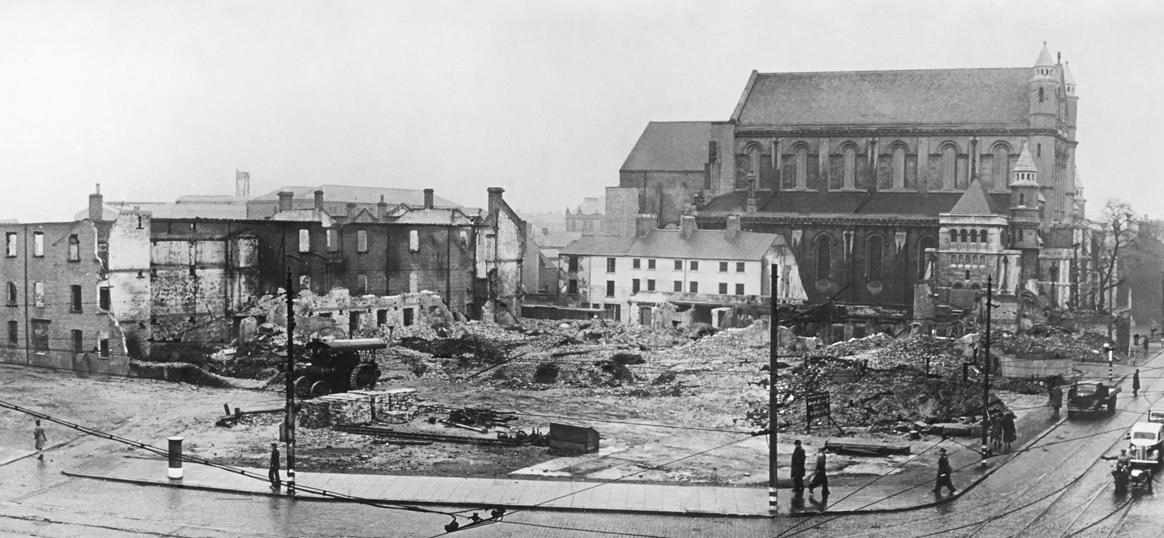
8 minute read
80 years on...
This month marks the 80th anniversary of Victory in Europe (VE) Day, which signalled the coming end of the Second World War a few months later. Sarah Harding talks to three Presbyterians about their recollections of that time.
Dorothy Malcolm (née Adair) Kilmakee Presbyterian Church
Dorothy Malcolm has just turned 100 and is a member of Kilmakee Presbyterian Church in Dunmurry. She was 14 when the war started and was living in Bangor with her mother and father and two sisters. Her father was a grocer who had a shop on Main Street and they attended Trinity Presbyterian, also on Main Street, a few doors up.
She vividly recalls the ships that would have been in Belfast Lough.
“There were always warships. Any boat crossing the Atlantic never travelled on its own – they travelled in convoy. You’d maybe have got up on a Sunday morning and there could have been 50 or 60 ships off Bangor. It was amazing – but we got used to seeing them. And then the next morning, you would get up and there wouldn’t be a ship to be seen.”
Along with the ships came sailors. Dorothy says, “There were always sailors in Bangor – all different nationalities.”
In her mid to late teens, Dorothy became a hostess for the American Red Cross, which had taken over Pickie Hotel. This role was to help entertain soldiers on their time off.
“We played table tennis with the boys, had coffee with them and just talked to them. We danced to records and played snooker too. It was generally just a club for boys to come and relax.”
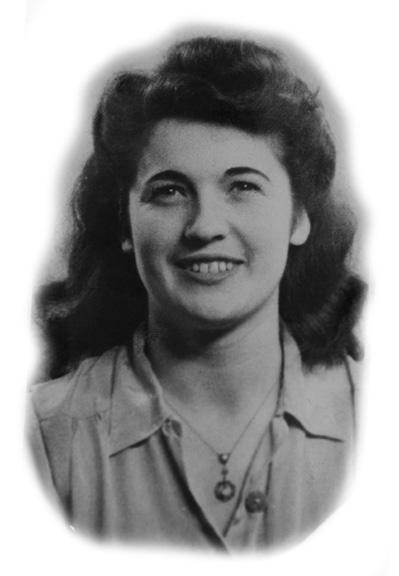
Dancing was a favourite pastime for Dorothy. There was one particular American she remembers dancing with who came down from Langford Lodge, where some of the men were stationed. She says, “I never went out with him, but he was a beautiful dancer.”
She fondly remembers going to the dance hall in Bangor, and when she was a bit older, travelling to the Floral Hall in Belfast. For Dorothy and many others, the war was actually quite a social time because there were so many dances. She recalls hearing about the end of war, when she was working at Stormont.
We were standing in the dinner queue when somebody came in and said, “The war is officially over!”
“We knew it was imminent. I worked in the Ministry of Agriculture and we were waiting to go in and have our dinner. We were standing in the dinner queue when somebody came in and said, ‘The war is officially over!’, and everybody was so delighted. But suddenly a quiet voice said, ‘The dances will never be the same again’. I think we were all silently thinking the same thing!”
Dorothy knew she was fortunate to be able to dance, because she had contracted polio at the age of three from the water at Bangor seafront. Her mother had taken her and her sister down to the beach.
“I had gone into the water and fallen – I was wearing a white dress and blue sash. There was a boy sitting on the wall looking down and he saw me lying in the water and rushed down, lifted me out and gave me artificial respiration to get the water out of my lungs. The doctor came to the house and said that within six weeks my legs might go beneath me, and within six weeks to the day, that happened.”
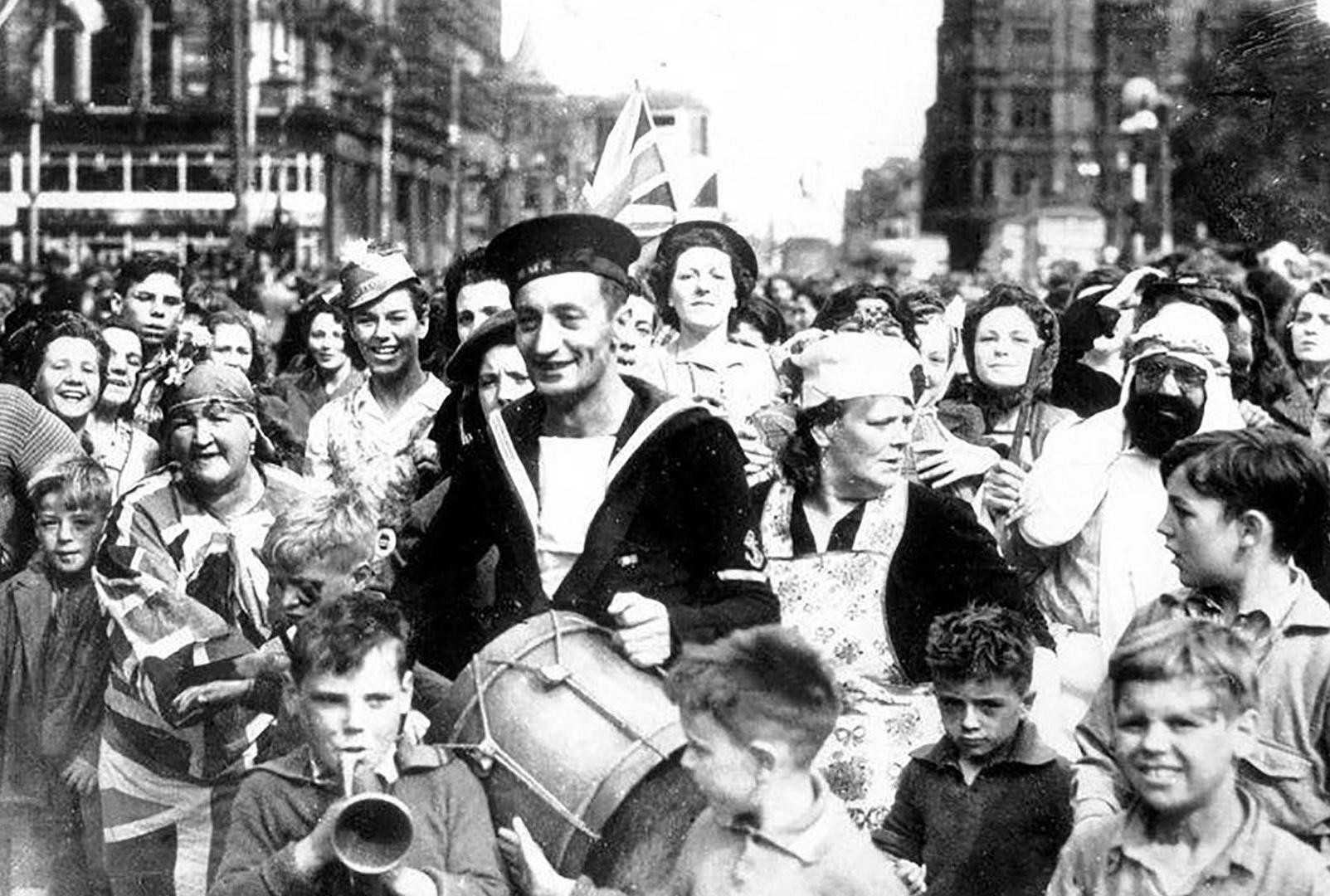
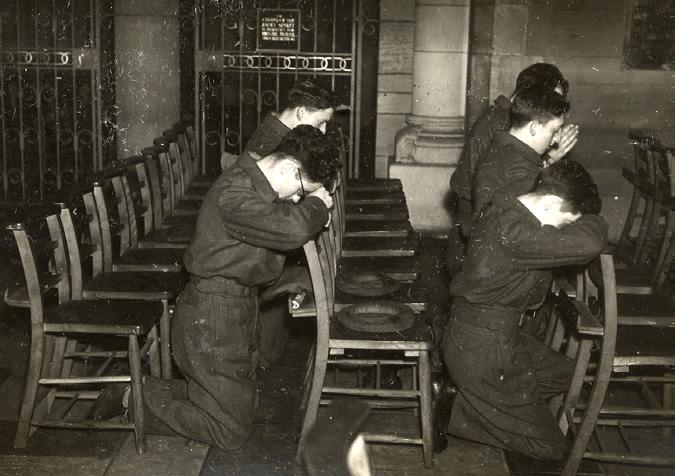
Dorothy’s father paid for a doctor who insisted on pulling her legs to stretch the muscles and straighten them, which made Dorothy scream. But it seemed to make the difference as she knew other girls in Bangor at the time who also contracted the disease and ended up in wheelchairs.
Dorothy’s mother died during the war, in 1942, which was a very difficult time for the family, especially since the reason was never known to them – although it is now suspected she possibly had leukemia or a brain tumour.
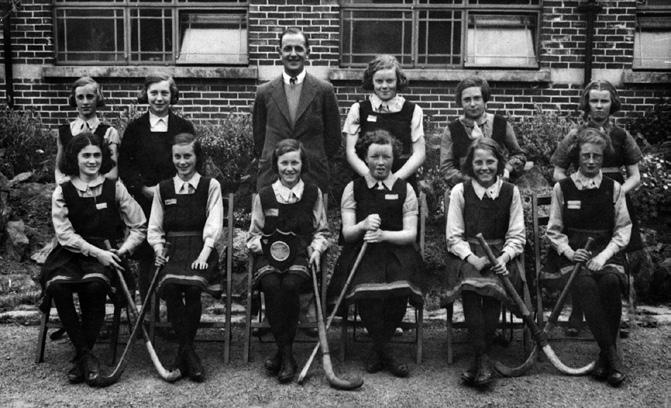
When rationing was brought in, it was a pressured time for her father as a grocer (he was also in the Home Guard, and had fought in World War One too).
“On the last Sunday of the month, we cleared the table and all sat down. If you happened to have a boyfriend, he was roped in too. And we sat round and counted food coupons for my father to take up to the food control place on a Monday morning. And that dictated what food he got allocated for the next month to sell to the people. It must have been tough for him if he knew people who were very poorly and needed more meat, but couldn’t give it to them. There would have been a black market, but daddy didn’t indulge in that.”
Dorothy remembers the awful bombings of the Belfast Blitz, especially on Easter Tuesday 1941.
“That one night was terrible. I remember the planes flying overhead. We were very fortunate in Bangor, but there were an awful lot of people killed in Belfast.”
The reporting of news was very important and so Dorothy remembers reading newspapers every day to find out what was going on in the war. She was also an avid fan of the cinema and would have gone three times a week –the Pathé news reports before the film were helpful sources of information too.
In those days, everybody helped everybody else. It was an amazing thing.
Dorothy’s family attended Trinity Presbyterian Church morning and night every Sunday and she particularly remembers Rev Wimpress, who was installed in the congregation in the early 1930s as “an absolutely fantastic orator”. She says the church was packed out every Sunday night with young people. “If you weren’t in your pew half an hour before the service started, you had to sit on a chair in the aisle. Both aisles had chairs the full length of them. We all went in with our hats on and then came out and walked down Queen’s Parade, holding our hats in our hands.”
A favourite haunt for the teenagers after church was The Crystal Buffet on the seafront, where Dorothy enjoyed tomatoes on toast with her friends. She recalls listening to the radio there when Winston Churchill spoke to the nation.
“He was also a wonderful orator. You wouldn’t have missed it. Churchill was absolutely fantastic.”
Dorothy loved the radio, and still does. She remembers when they first got a radio in the family home.
“My sister was mad keen to get dance music – it was on every evening at a quarter past five. My mother was more nervous about the radio. One evening she had it on and was the last one to go up to bed. She was tidying up and went over to turn the radio off. She put her hand to the knob and man on the radio said, ‘Don’t be going away dear’ (as dance music was about to come on). My mother thought he was speaking directly to her! So she never halted and went straight up the stairs – my father had to come down to turn it off.”
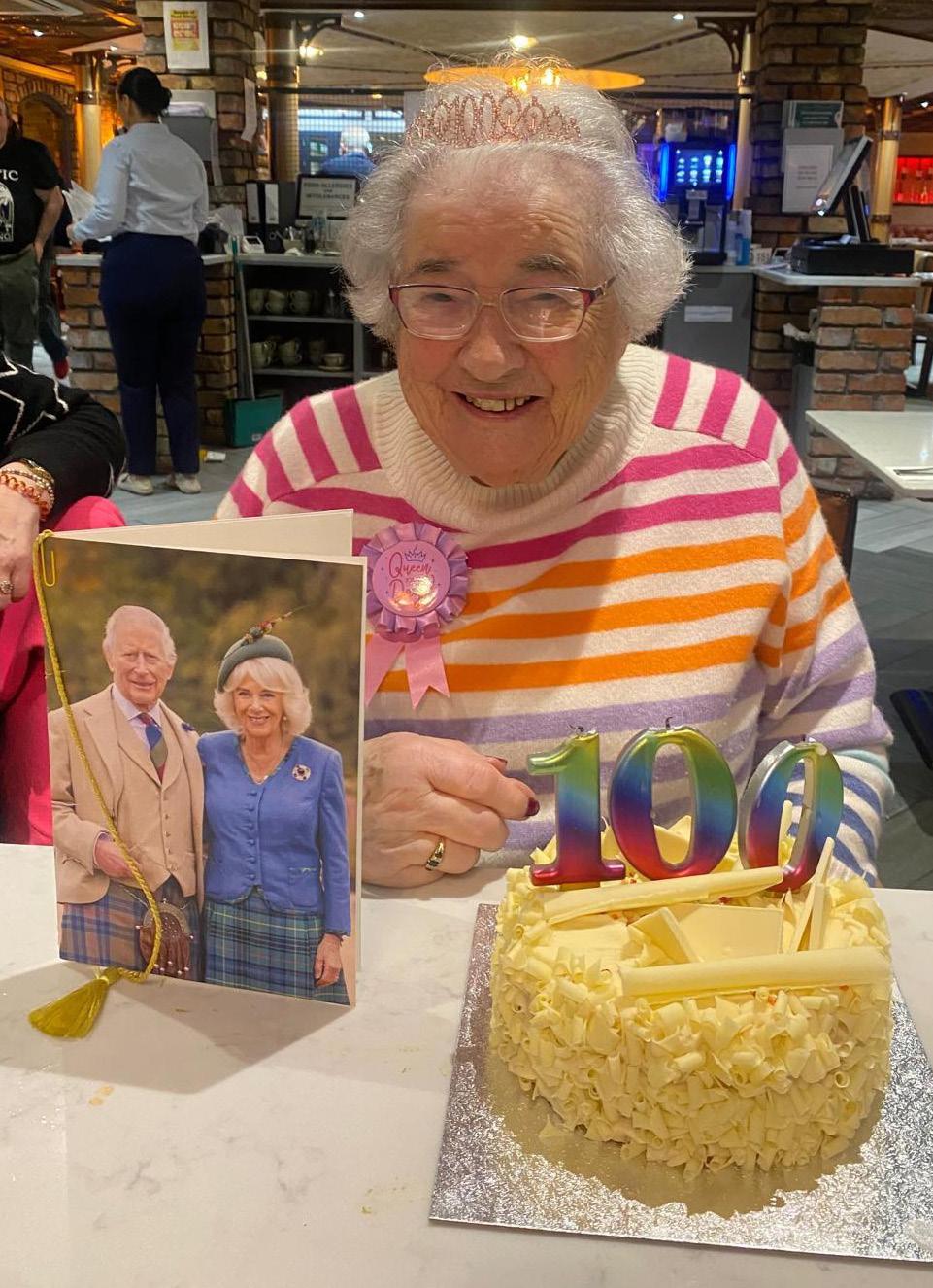
Dorothy met her husband Walter at a dance and married in 1954. The couple moved to Belfast and later Dunmurry in 1960. The estate where she still lives was just newly developed then, and she became a founding member of Kilmakee Presbyterian Church.
Dorothy has many hobbies, including playing bridge online and watching sport – particularly tennis, golf, rugby and snooker. She was thrilled to get a 100th birthday card from one of her favourite tennis stars – Tim Henman. She also enjoys getting her nails done every month.
Dorothy has coped with many ups and downs in her life but the one constant in all of it has been God. She says, “He’s always been there”.
She has kept a postcard with the words of the poem God Knows by Minnie Louise Haskins, which was quoted by King George VI in his 1939 Christmas broadcast to the nation. Dorothy can still recite it and it appropriately helps to sum up her faith:
“And I said to the man who stood at the gate of the year: ‘Give me a light that I may tread safely into the unknown.’And he replied: ‘Go out into the darkness and put your hand into the Hand of God. That shall be to you better than light and safer than a known way...’”
For other stories and pictures see the May issue of the Presbyterian Herald.


